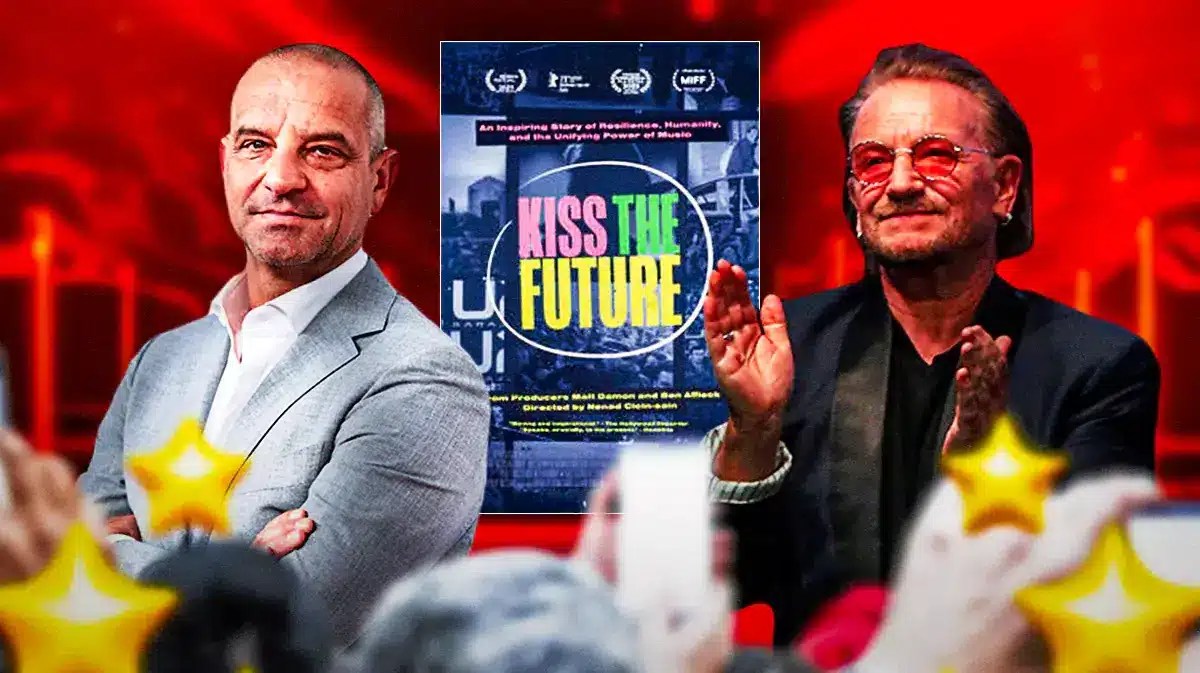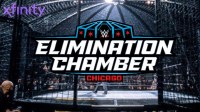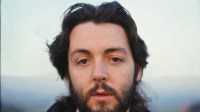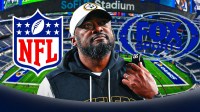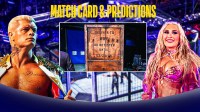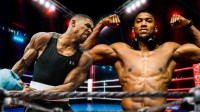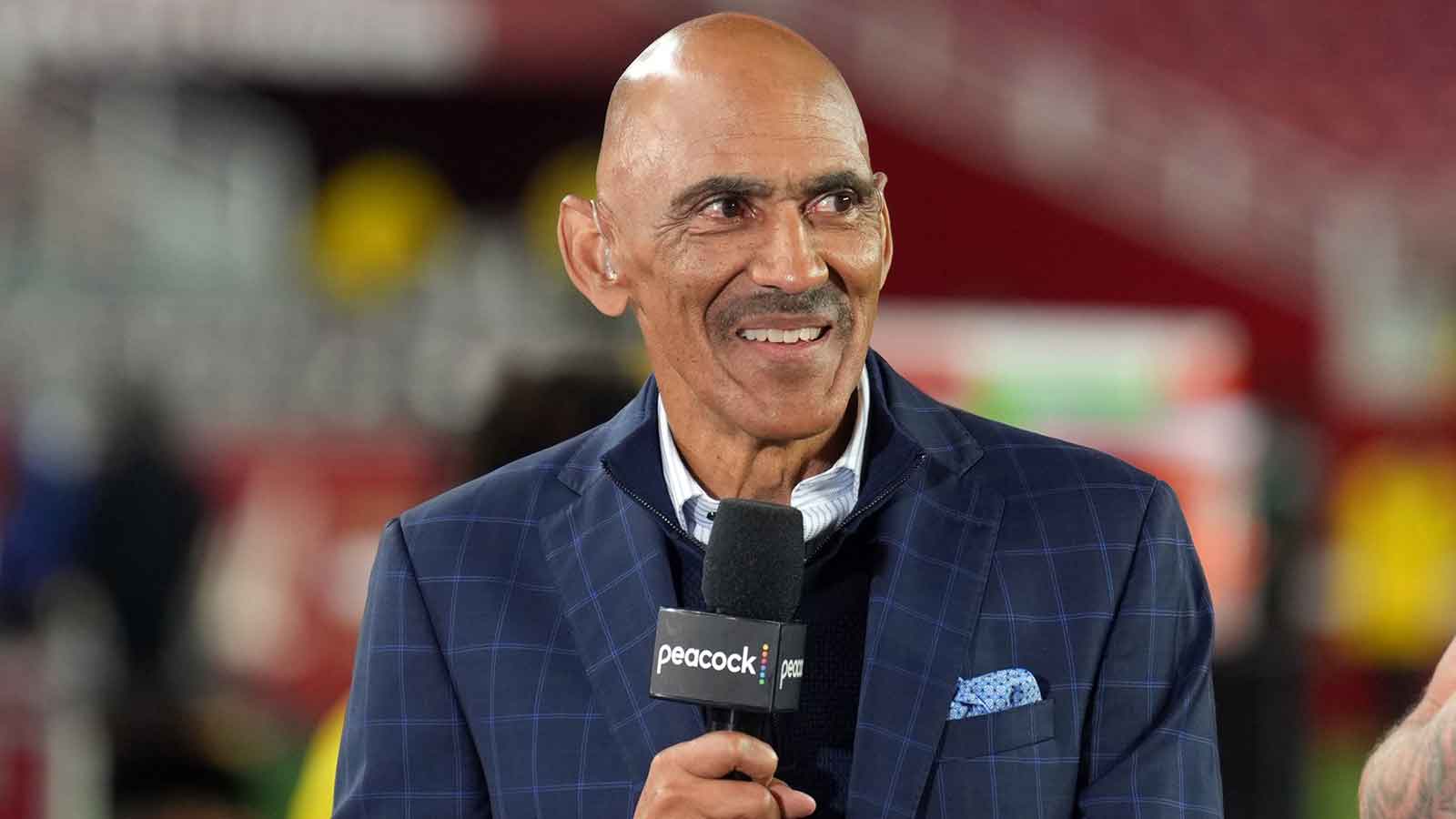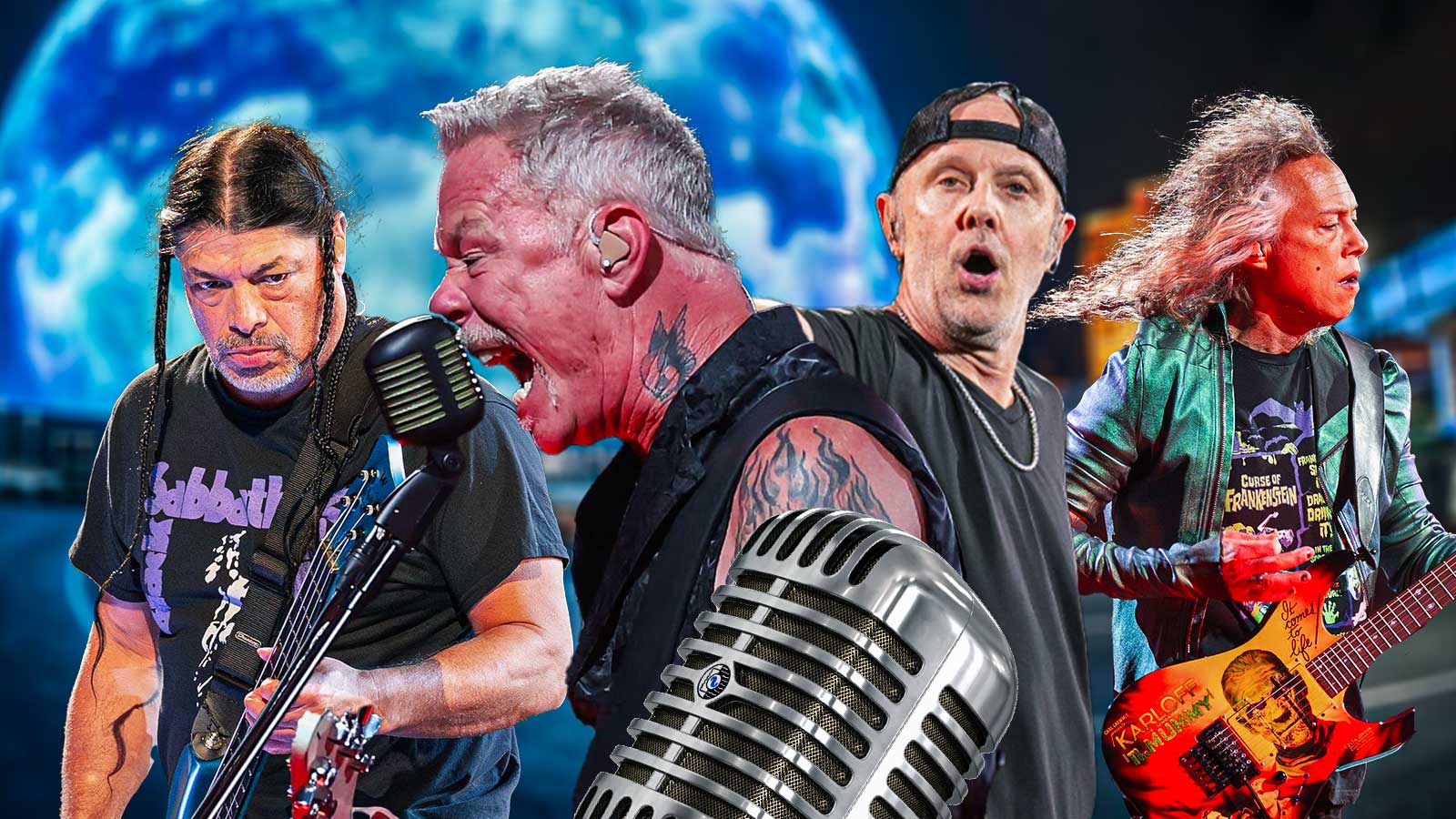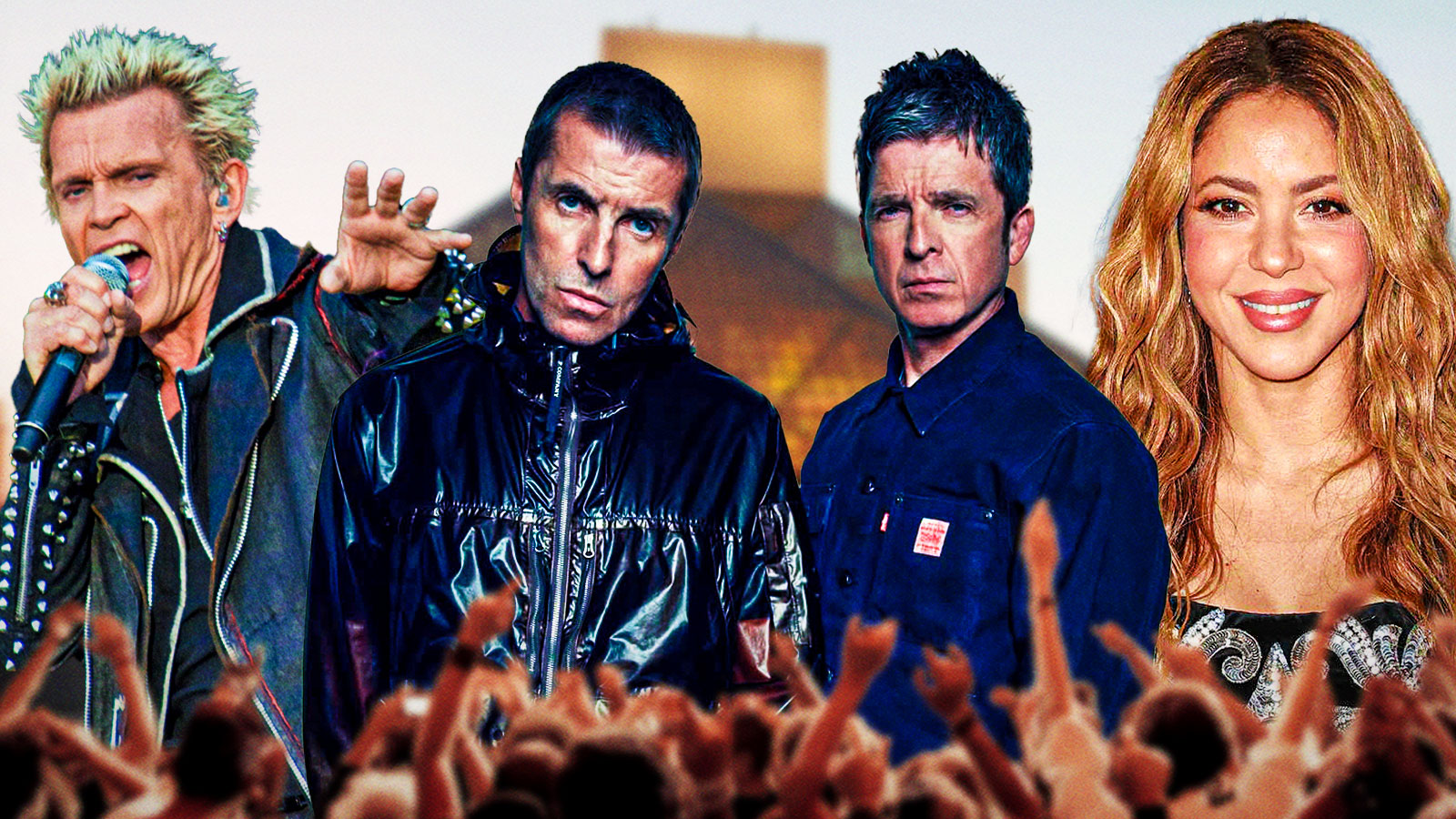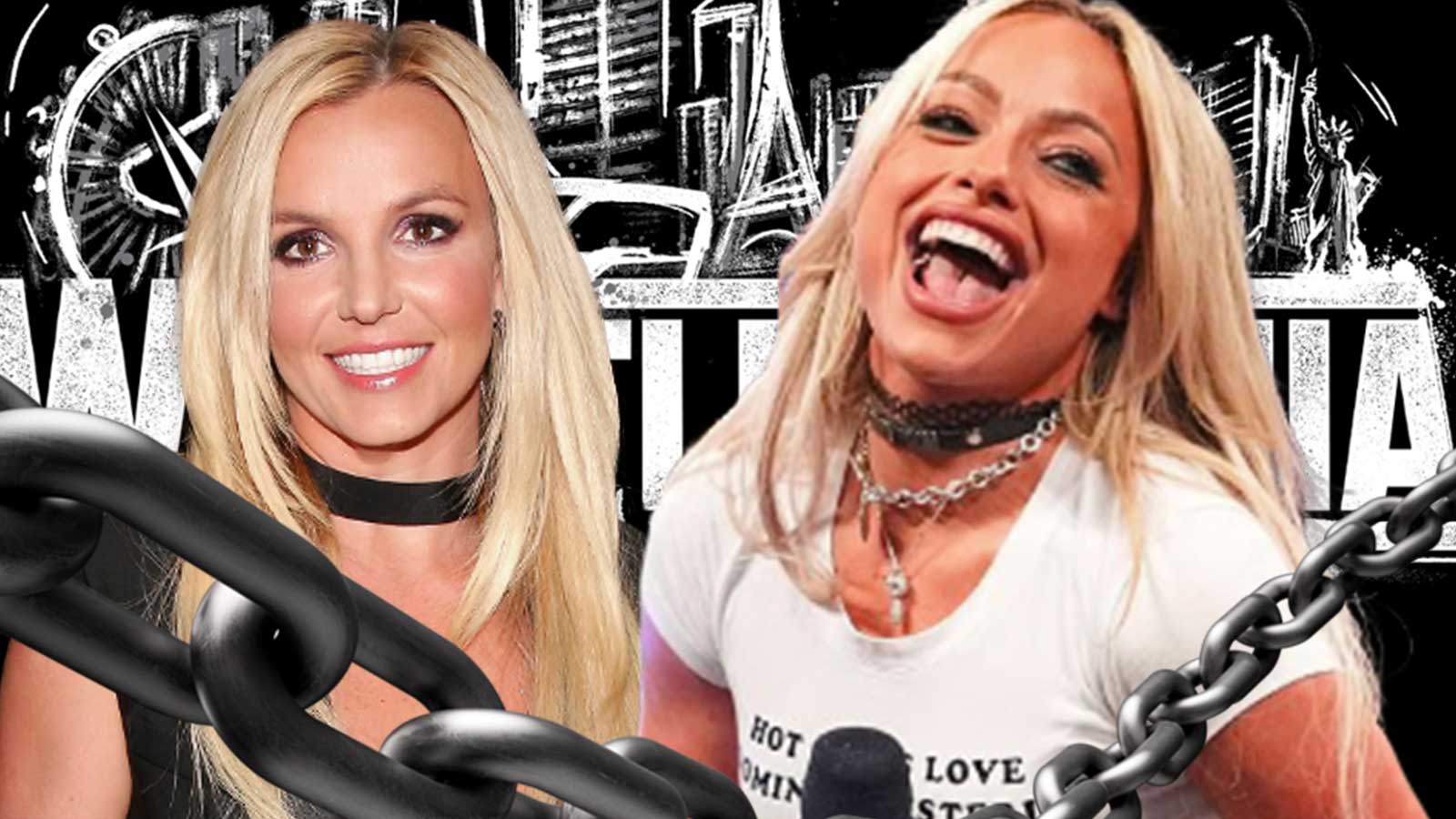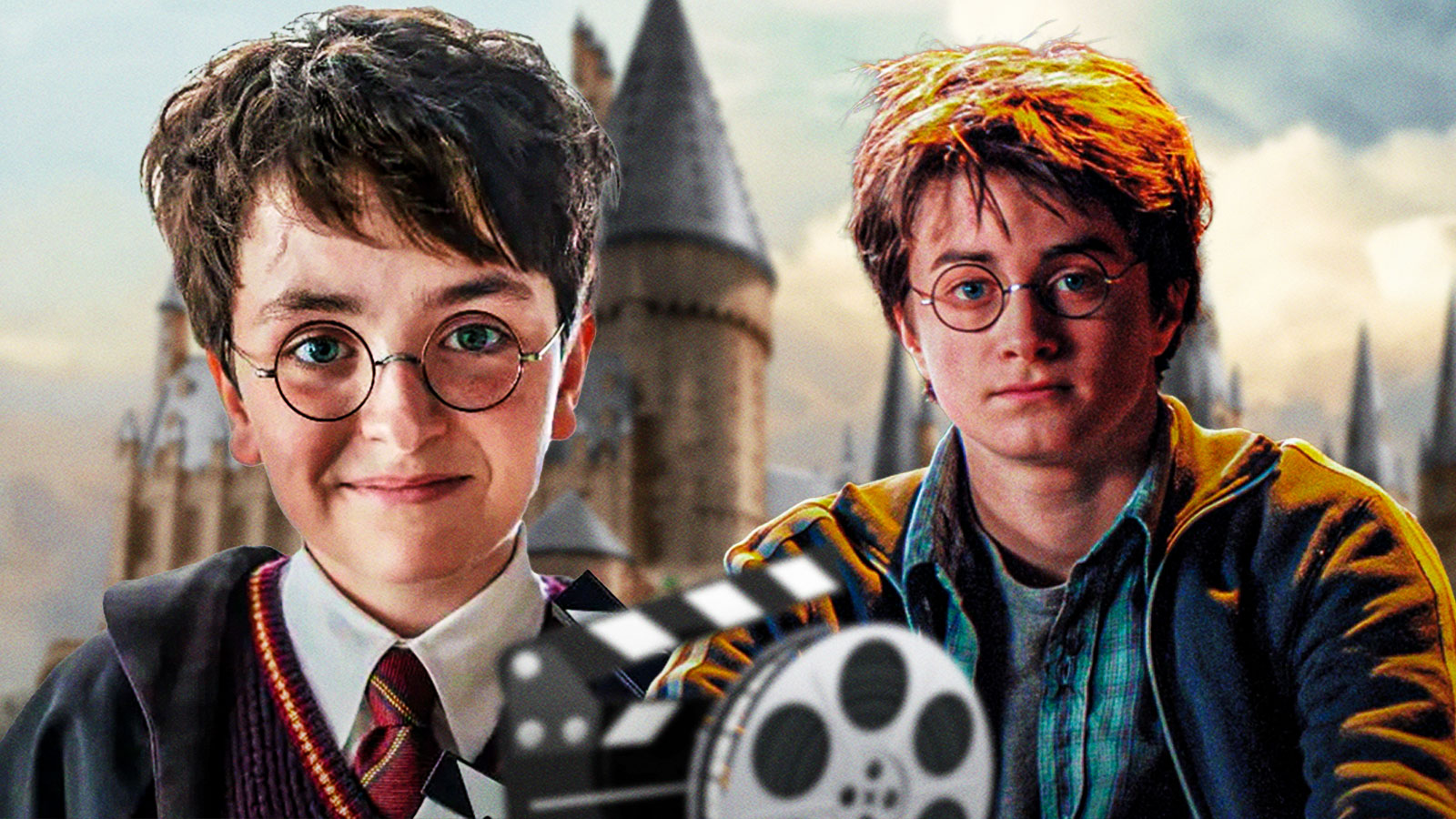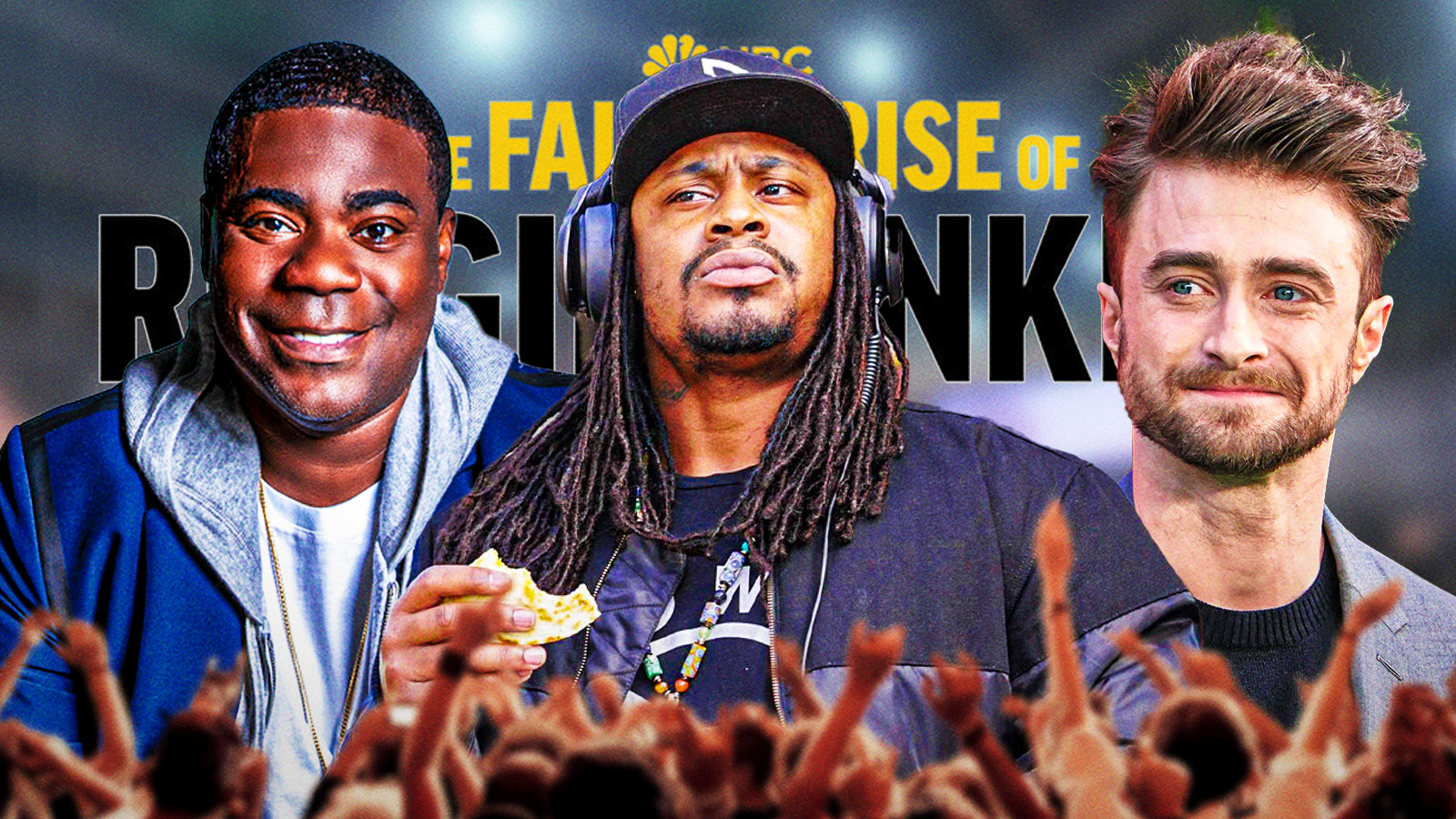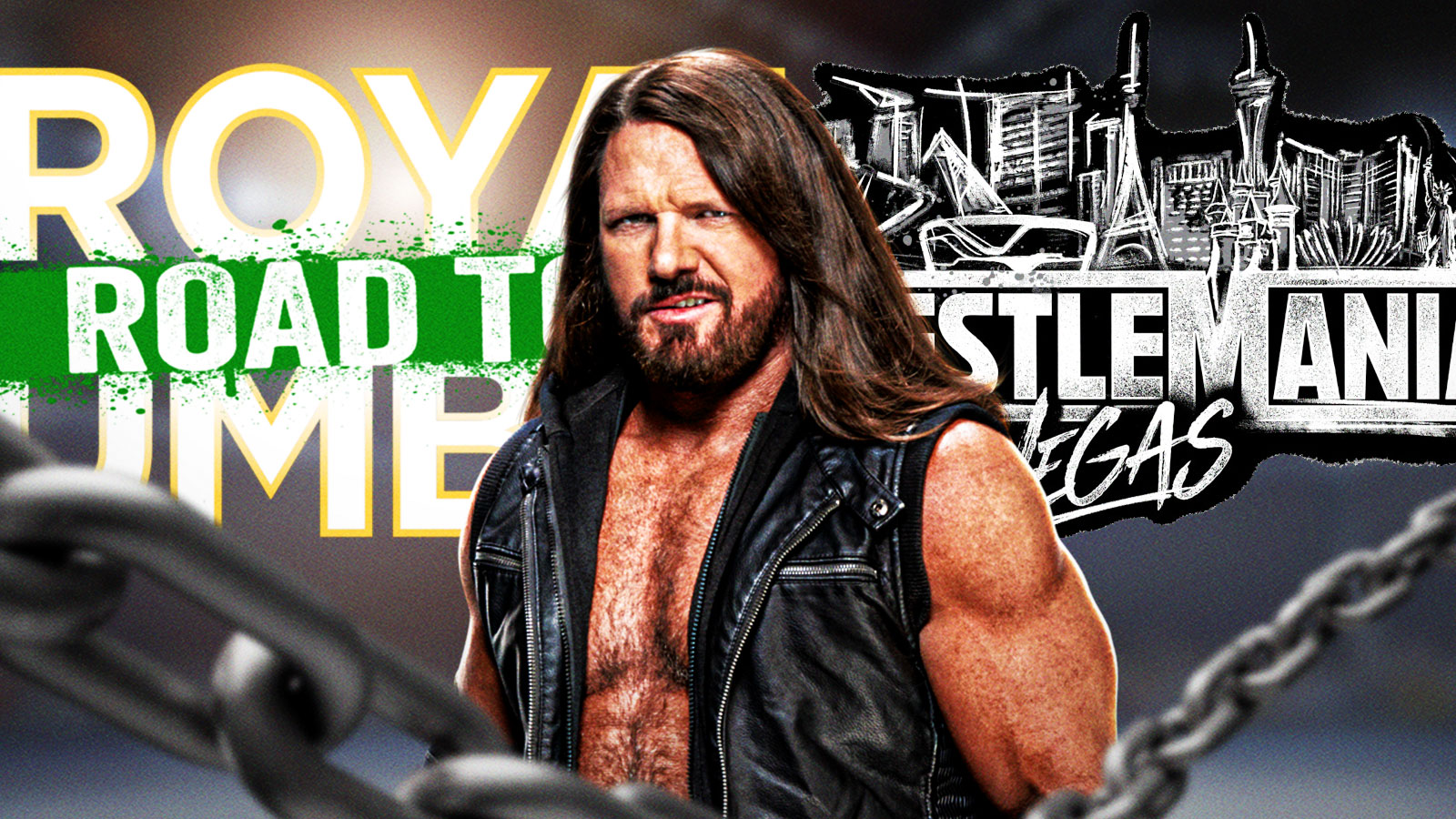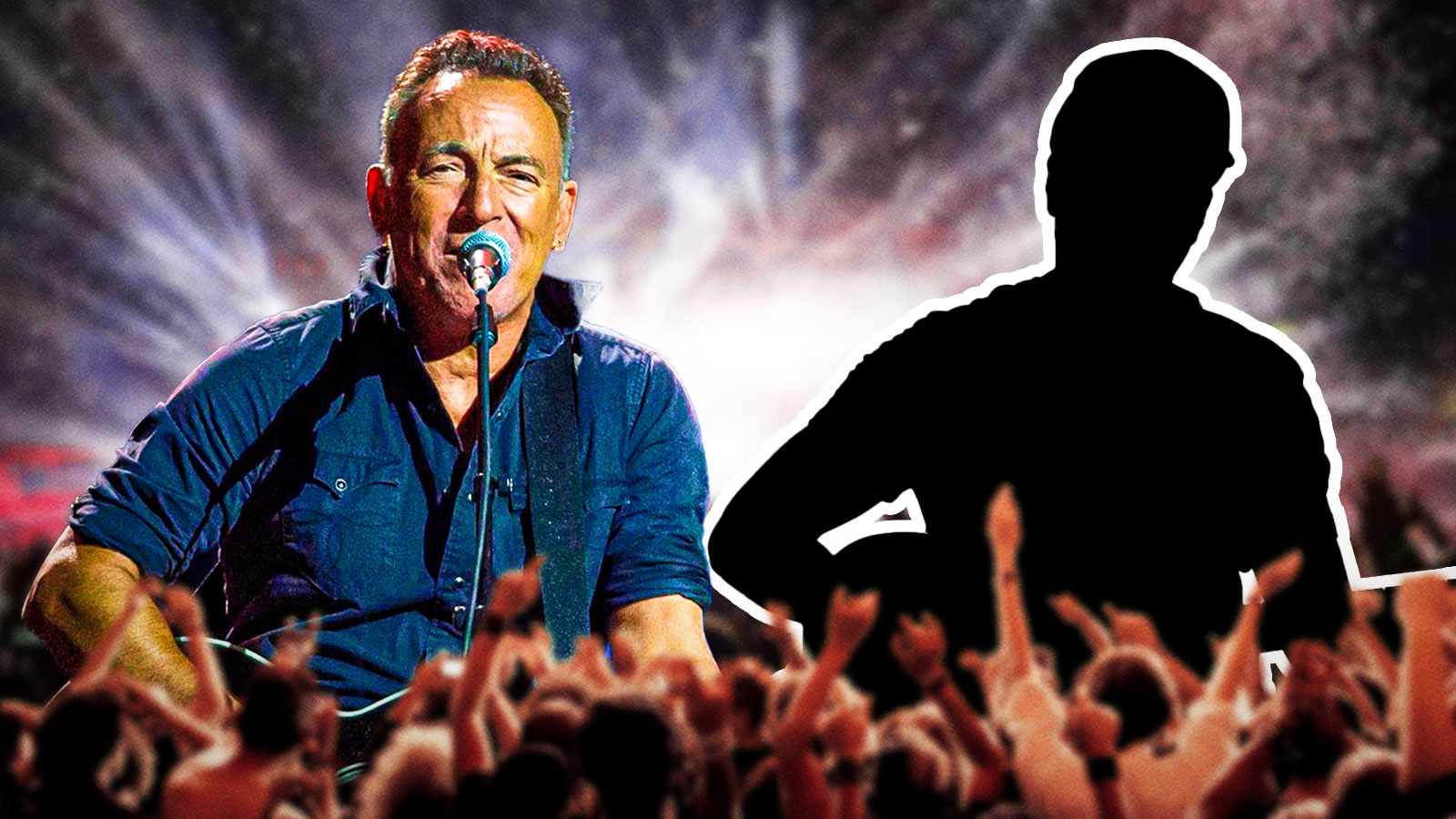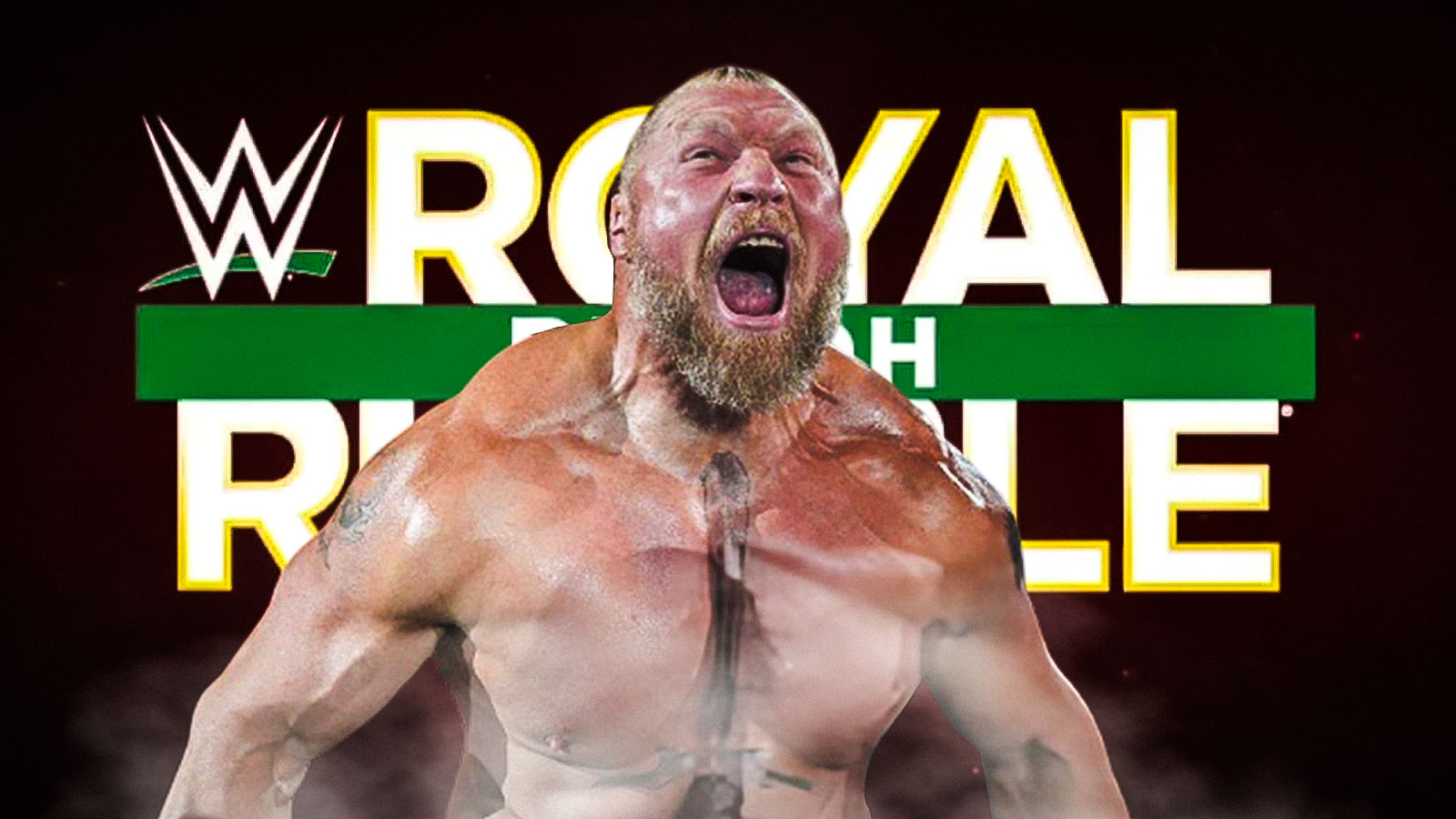Kiss the Future is the new documentary chronicling U2‘s “PopMart” tour show in Sarajevo.
It's a powerful look back at one of U2's pivotal moments. Bill Carter organized the show after doing broadcasts from Sarajevo during the band's “ZooTV” tour.
Nenad Cicin-Sain directed Kiss the Future with the help of Artists Equity's Matt Damon and Ben Affleck. Speaking to ClutchPoints ahead of the film's theatrical release, Cicin-Sain reflected on the experience, using U2's never-before-released concert footage, Bono's response to the film, and how Matt Damon helped land the AMC Theatres deal.
Nenad Cicin-Sain Kiss the Future interview
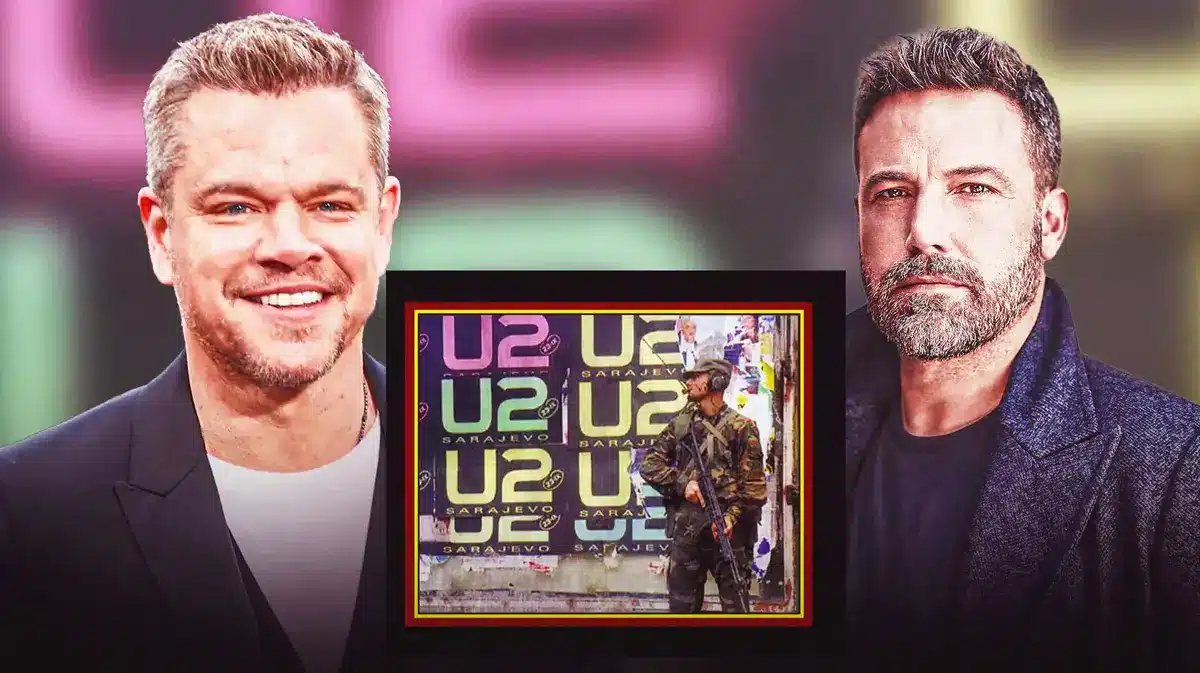
ClutchPoints: Kiss the Future has been a long time coming — how does it feel to finally get it out? Didn't it premiere at Tribeca last year?
Nenad Cicin-Sain: No, it premiered at the Berlin Film Festival and then we opened Tribeca and played Copenhagen and Sarajevo and quite a few [film festivals], Zurich and Rome.
But the first premiere was at Berlin where we went with Matt [Damon] and Bono and The Edge.
CP: I was looking at your directing credits and Kiss the Future appears to be your first documentary. So I'm curious, because you come from doing feature filmmaking and narrative films, what's the biggest difference?
NCS: Well, I mean, I think the first big difference when starting on a documentary compared to doing the feature is you have a number of elements that you have to work with. We wanted to tell a story about how people use art and music during the siege of Sarajevo.
The first step is to see what exists out there — how much archive there was of some of the initial stories that we wanted to profile. And then from there, you have to go through the process of working that into a kind of outline or story that you intended wanting to tell.
I guess the biggest difference [is with] a feature film, you have a script that you were following every day that you're going off, and on a documentary, a lot of it is you have an idea of a beginning, middle and end. But as you start shooting interviews, you find these great moments and stories and things don't play out the way that you planned and you have to work with, as I said, the existing footage.
So there's a lot more of kind of constantly reworking it and restructuring the narrative to make sure that the final story is the best version of what you intended to be to shared with the world.
CP: Was the intention always to end with “One” and “Unchained Melody”? That's a great ending to Kiss the Future.
NCS: Well, we always wanted to end with [the] concert because the concert was the culmination of all these events. We start with a large amount of protagonists at the start of the film and how do you bring all these stories to one point and culmination?
[That] is something that I always feel is in a great movie. [They're even] in the Godfather films, not that the Godfather is relatable, but it's relatable from a narrative standpoint [in that] you have a lot of protagonists and then [you figure out] how all these stories interweave and inform each other so it doesn't feel episodic and it all comes together to one point. [It's] where all these stories merge.
We knew that that was the concert. We didn't know there was no footage of that concert out in the world because U2 had never shared that archive before — we were the first ones they shared it with — so we didn't know we were going to end with “One” until we went through the process of reviewing the footage, seeing the power of the song and, of course, the message of that song being what the thesis is of the film.
So it's one of those fortunate, magical things that can happen in filmmaking where you have something that emerges [that] you didn't plan for that really excites you and hopefully excites audiences.
CP: I read that you pitched the film. U2 has had a lot of meaningful concerts, so what was it about this particular subject matter with Sarajevo that really connected with you and that made you want to pitch a film about this?
NCS: Well, I'm from there. I was born in former Yugoslavia and actually Slovenia, but I have a Croatian father and a Serbian mother and an Albanian wife. I was there during part of the war, although I was not in Sarajevo. I knew about the concert and the 20th anniversary of the concert just reminded me of how meaningful that was for the part of the world where I am of how people who saw each other [as] enemies were brought together to a concert and were singing and dancing together.
And I felt that that was a beautiful way to talk about what we in the United States were facing with being living in such a polarized society. I didn't want to make a political film, I don't think anybody involved wanted to make a political film, but it's hard not to address [politics].
In our story, it's about extreme nationalism, or, as I've been calling it, “weaponized tribalism,” what [Slobodan] Milošević did, attacking Bosnians and other parts of former Yugoslavia. That's how these things came to be — the political climate of the United States and feeling the fear of seeing what had happened in my own country when something is so polarized.
I was also working with Matt Damon on a screenplay at the time and I knew that he had a relationship with Bono based on an incredible story that he told me. So it was just a number of events that all came together that made this thing happen that I can't say that I had full control over. There's a lot of parties involved and there was the fortune of the universe bringing all of us together to be able to make this film.
CP: When did the process of making Kiss the Future start?
NCS: I think it started probably in 2017. Seeing some news reports and being reminded of the anniversary of the concert was what triggered me to start to think about this and go through the machinations of how I could make it.
[It was] pretty soon after that when I first started working with Matt and his executive, Drew Vinton. Once Matt said that he wanted to do it, which was towards [the] middle of COVID, things happened very quickly and we moved forward at a very rapid pace, comparatively to a lot of films where you spent years in development and trying to find financing and these things.
Having this extraordinary gift of being able to work with Matt and Drew at Artists Equity enabled us to raise the money quickly and also work in an extremely safe and protected space where we didn't have financial interests or studio agendas or anybody else's point of view influencing what the film would be.
It's something that's very rare to happen for a filmmaker to live in this very safe environment that Artists Equity creates for you.
CP: What was it like to conduct interviews with Bill Clinton, Bill Carter, three members of U2?
NCS: As you said, I never made a documentary before. So when I decided I wanted to do this [and] when Matt came on, we had to hire a producer who has made really good documentaries and has been able to use music and political messaging and that there's existing archive that's very valuable archive to people who have this very meaningful IP.
So I asked Drew, Matt's executive, to go to Sarah Anthony, who had produced The Defiant Ones with Dr. Dre and Eminem and that story because there was a perfect mix of music and new footage that needed to be shot in old archive. So she came on as a line producer and she was so good in working through the process with us that she ended up becoming a full producer in the course of the making of the film.
So I think Bill Clinton came [in because of] the relationships that U2 and Matt had with President Clinton. Sarah was the really tenacious one who picked up the phone and called those people.
And it was amazing having Bill Carter, of course, because he had his autobiography, Fools Rush In, which is a great story.
He was there during the siege, and so he ended up introducing us to the production services company who was doing the research to find the people to put in the film [which included] Vesna Andree Zaimovic and Senad Zaimovic, the couple that were married. And in the course of my doing research with them, [I] discovered their story and put them in the film as opposed to somebody else.
So there's a lot of these kinds of like one domino would affect the other domino. And we worked in a large team of very collaborative people all working towards the same end.
CP: I am curious also about finding a balance between the interviews and overall narrative and U2's concert. When given that footage, it must be tempting to include more of it, right? But I was also reading how you two didn't want Kiss the Future just to be about the concert.
NCS: There's that really challenging balance where you have this concert that was this really powerful, meaningful concert, obviously for the people of Sarajevo and for the band as well. And it could have been easy just putting out a concert film, but U2 and we all felt that we didn't want to put out a concert film.
We wanted to tell [a] much deeper narrative of what the people of Sarajevo [have] been through and how they use music and art and helping each other in the darkest of time, and then having the concert bring all that together.
Before we started making the film, I had to fly to Dublin and meet with some of the band to pitch my vision. So Drew Vinton, Matt's executive, and I flew to Dublin and we had this incredible lunch at Adam [Clayton's] house — it was the same house where they recorded The Joshua Tree.
And at that lunch, I had to share my vision for the film. And obviously that was a really sensitive meeting because I didn't live through the experience with the band. I'm sure there's so many sensitivities involved in how they pick which projects they're going to get involved with, even when you have people like Matt Damon involved.
In the end, it is their legacy. And so at that lunch, I laid out what film we were going to make. And we had actually even shot some pre-interviews with Sarajevans that I played for them at that lunch. And it was after that meeting that we got a call and heard that the band was in.
So we had to be really clear with exactly what the film was. They were a huge part of the story, but the Sarajevans and Bill Carter were the centerpieces of the film.
CP: Did they hesitate at all with giving you the concert footage?
NCS: I mean, I think we were extremely fortunate that all the filmmakers were so concerned about this also being U2's legacy and what we would share with the world. And I had another gift.
There's a guy named Ned O'Hanlon, who [has been] with U2 since the '80s, and he was their video producer who produced [the] “ZooTV” tour, obviously, [and the] “PopMart” tour and was there through the satellite links that are in the film. I had him on my right hand side and I would say, “How does this affect the band?” and “How would this affect the band?”
Him having dealt with, for so many years, the nuances of what they're sensitive [to] and what's important to them and how they don't want to be considered heroes and they don't want to be ever seen as the foreigner who comes into these conflicts and saves the day.
So I had somebody at my right hand who had been with the band since the '80s that was constantly advising me as to what what we should use and what we shouldn't use. And I listened to him and that's why the film ended up being also so great.
I was very fortunate that when we screened for the band, the film, they each individually watched it, and I got a beautiful phone call from Bono. And we had no notes.
The only note that was given to us for the whole movie was that their mixer who mixed their concerts had to be involved in mixing the music so that the audience experience sounded as if it was correctly mixed as a U2 concert or song. But again, this is not because I had this great vision, it's because I was surrounded by Alan Maloney, who's also the producer for U2, [and] by so many experienced and talented people who would just help guide me through this process.
CP: You said that you got a call from U2's Bono and he gave a seal of approval. Do you remember what his reaction was to seeing Kiss the Future for the first time in full?
NCS: Oh, I'll never forget that. So, I was in Whole Foods, and I was shopping with my wife, and she had left for an aisle and my phone rang. It was a no caller ID, and I was like, “Should I pick this up or not?” And I answered and I was like, “Hello,” and I hear, “Hey, it's Bono.” I go, “Who?” He goes, “Bono.” I go, “Bono who?” he goes, “It's Bono.”
I was like, “Oh my God!” And it's also because it was so loud in the Whole Foods, so I ran out and went into my car. And he told me a beautiful story about how he had asked his son to watch the film with them and they watched the film together and that they were very moved by the story and seeing [it] brought to life again, what they had gone through and what the people of Sarajevo had gone through.
We talked for about 45 minutes or so, maybe an hour, and start crying. I mean, it was so beautiful. And then the funny thing is my wife was like, where the hell is he? So she kept trying to call my phone and I kept sending her to voicemail.
I heard the rear hatch of the car open up and that's her with the groceries lugging them out of the supermarket and echoing through the speakers was Bono's voice talking very affectionately about the film. And I turned back and saw my wife and she gave the “What the F?” look.
So it was one of those beautiful surreal moments that you get to experience once in a while as a filmmaker and that was a really special one.
CP: I believe Kiss the Future is being distributed by AMC Theatres, and I'd love to hear about those conversations about how they acquired it. I know they just distributed Taylor Swift's concert film last year, and that was a huge success going right to a theater chain. So I'm curious about how it landed there,
NCS: Once again, it's Matt. He was so passionate, Matt and Drew and Artists Equity and Ben [Affleck] were so passionate about the film.
So, the climate in the last year since COVID and with the streaming platforms and all the machinations they've been going through has not been great. It's been really, really challenging to be a filmmaker and get distribution. So Matt did the most extraordinary thing. He called the CEO of every studio and said, “You have to watch this movie.”
And it took us a long time. Paramount+ stepped in first, which we were so excited that we're going to get this beautiful platform released by Paramount and that they would want to put the film into the world, but there wasn't the theatrical piece yet.
And because the film is so experiential and not like most documentaries, at least from our point of view of just talking heads, we really wanted to have it exhibited and as did U2. That was like one of the most important things for them, that they wanted people to have that theatrical, immersive experience.
So it was Drew Vinton and Matt Damon who contacted the CEO of AMC and he saw the film and I wasn't part of that. But I got this extraordinary call that he loved the film and he [was] gonna put it in theaters, which really is the ultimate dream come true for a filmmaker.
Documentaries don't often get in theaters anymore. And if they do, it's only a handful of theaters. And for AMC to say, “We believe in this” and they're putting so much into the movie to put it out into the world and supporting it, I don't know that I'll ever have something as fortunate happen as a filmmaker again.
Kiss the Future will be released on February 23.

